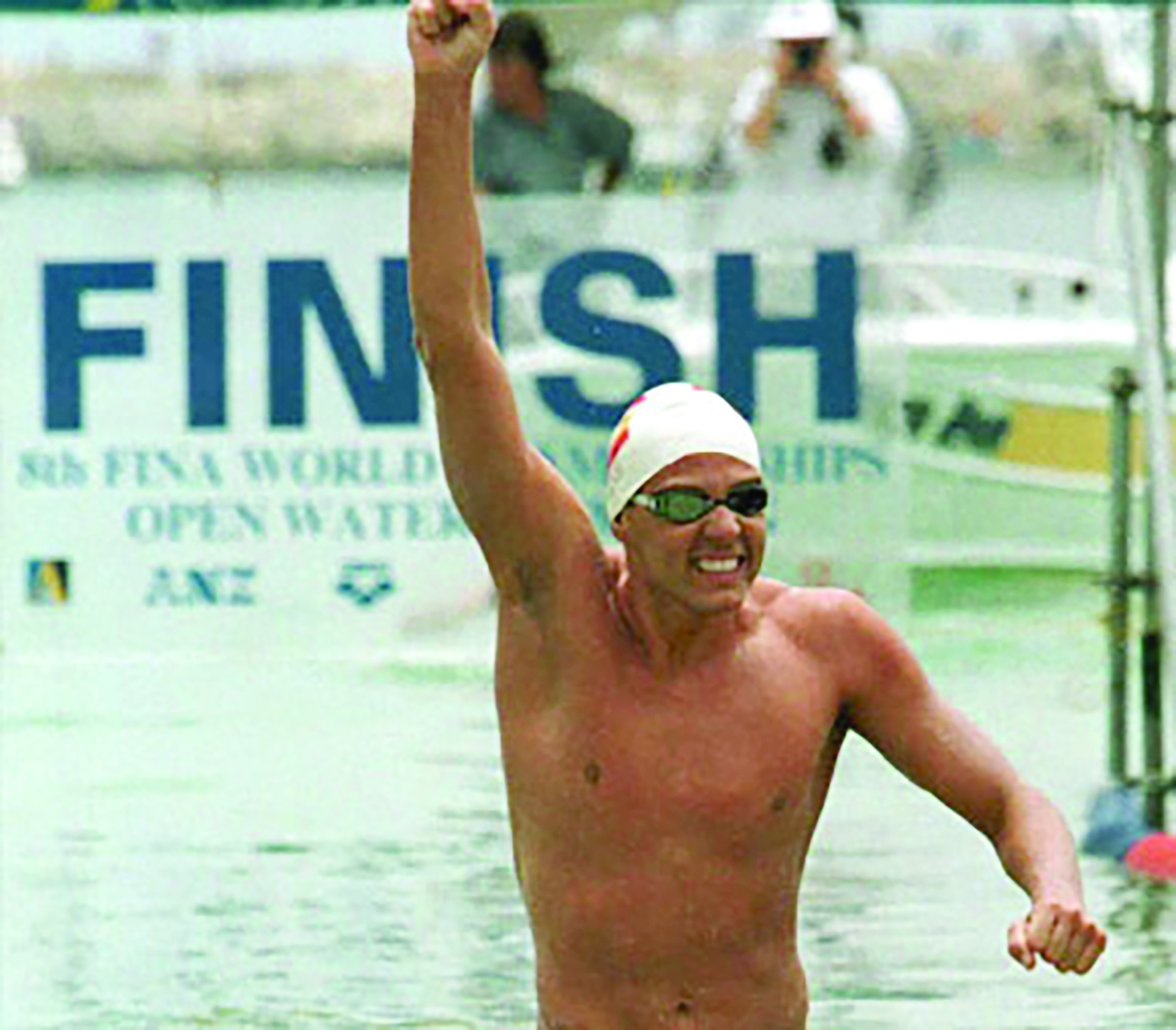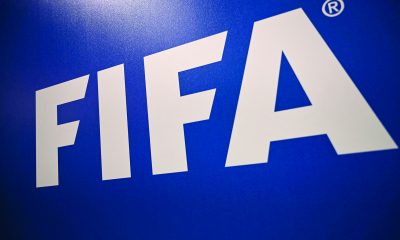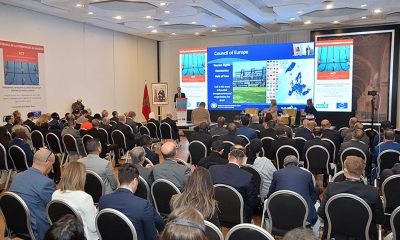
In 2006, the European Court of Justice (ECJ) delivered a landmark judgement in the case initiated by David Meca-Medina and Igor Majcen against the Commission of the European Communities (David Meca-Medina and Igor Majcen vs Commission of the European Communities C-519/04 P [2006]) which saw the ECJ establish primacy of EU law over sports federations.
The applicants were two professional swimmers who had been banned for two years by the international swimming federation, FINA, after testing positive for the banned substance nandrolone.
Applying the Olympic Movements anti-doping code, FINA initially banned the athletes for four years, however, such suspension was later reduced to two years by the Court of Arbitration for Sport (CAS) following an appeal to such court by the applicants.
Even though the applicants had their initial sentence reduced, they still lodged a complaint with the European Commission claiming that the anti-doping regime operated by FINA and the International Olympic Committee (IOC) was anti-competitive and thus contrary to the provisions of Articles 101 and 102 of the Treaty on the Functioning of the European Union (TFEU).
Both athletes lodged a joint appeal with the ECJ, with the court stating that sport is subject to European Union (EU) law when it constitutes an economic activity and that EU law is not engaged by rules that are of a purely sporting interest. Furthermore, where athletes are either employed or paid for their services, they are engaged in an economic activity.
In order for the anti-doping rules to have been considered to be lawful by the ECJ, FINA and the IOC would need to demonstrate that their anti-doping procedures complied with Articles 101 and 102 TFEU by taking into consideration; the overall context in which the rules were adopted, whether their objectives were legitimate, whether any restrictive consequences of the rules were inherent in the pursuit of those legitimate objectives and whether the rules were a proportionate means of achieving those objectives.
In this case, the overall objectives of the rules were to combat doping in order to ensure that the sport was conducted fairly, that equality of chance was safeguarded for the athletes, that their health was protected and that the integrity and objectivity of competitive sport and its ethical values were upheld.
In order to be considered to be lawful, both the definition of the offence of doping and the imposition of the penalties following any infringement of the rules had to comply with the provisions of the TFEU.
The ECJ held that both the anti-doping regime operated by the IOC and FINA and the restrictions imposed on the applicants by means of a participation ban were inherent in the organisation and proper conduct of competitive sport and no more than was necessary to ensure a healthy rivalry among athletes.
Furthermore, as the claimants had not pursued the issue of the proportionality of their bans, it was held by the court that the IOC and FINA had acted lawfully in their pursuit of a legitimate objective.
The Meca-Medina judgement extinguished the argument used by sporting bodies in previous cases that certain rules are exempt from Community Law simply because they have a ‘purely sporting’ nature.
Many international sport federations (ISFs) interpreted this decision as a direct attack on their autonomy. However, one must keep in mind that many major ISFs have been lobbying for some time for a complete exemption from EU law, so any decision that did not specifically serve their purposes was likely to be criticised by them.
In reality, the decision is more of a warning shot to comply with the provisions of Community Law rather than a direct attack on their autonomy.
The European Court now requires ISFs to explain why certain rules and procedures are necessary and proportionate for the proper functioning of their sports and is making them produce cogent evidence to back up the claims being made in support of their legality.
With the development of sport, nowadays it is harder to distinguish clearly between rules affecting an economic activity and those that are of a purely sporting interest especially in sports since many ISFs rules and procedures fall into both categories.
Note: Dr Robert Dingli is a Senior Associate at Dingli & Dingli Law Firm and specializes in sports law.

World Cup News
-
FIFA World Cup
/ 1 week agoSaudi oil giant Aramco agrees major FIFA sponsorship deal
Saudi Arabia’s state oil giant Aramco and world football governing body FIFA on Thursday...
By AFP -
FIFA World Cup
/ 1 month agoSon scores but Thailand hold South Korea in World Cup qualifier
Son Heung-min scored but South Korea were held 1-1 at home by Thailand in...
By AFP -
FIFA World Cup
/ 2 months agoJapan-N. Korea World Cup game to stay in Pyongyang, JFA says
Japan’s World Cup qualifier against North Korea will be played in Pyongyang as planned...
By AFP -
FIFA World Cup
/ 2 months agoGerman ex-FA bosses on trial over World Cup tax evasion
Three German ex-top football officials went on trial on Monday in a 13.7-million-euro ($14.8...
By AFP

English Premier League
Howe says Tonali ban has hit Newcastle’s Champions League quest

Formula 1
Verstappen takes sprint pole in Miami

English Premier League
Arteta urges Arsenal to seize the moment in Premier League title race

BOV Premier League
Sta Lucia relegated after topsy-turvy relegation battle

English Premier League
Man. City’s Foden wins football writers’ award

BOV Premier League
Watch live: Sta Lucia relegated as Mosta, Balzan and Gżira United win

English Premier League
Postecoglou admits Spurs have ‘lost belief’ as top four bid fades

Winter Olympics
Watch: Geisenberger wins sixth Olympic medal to tie luge record































